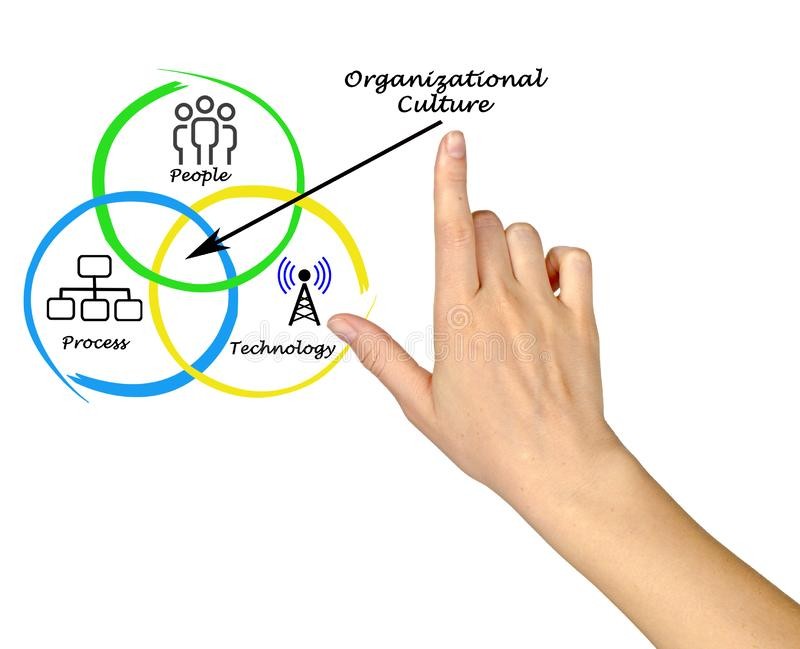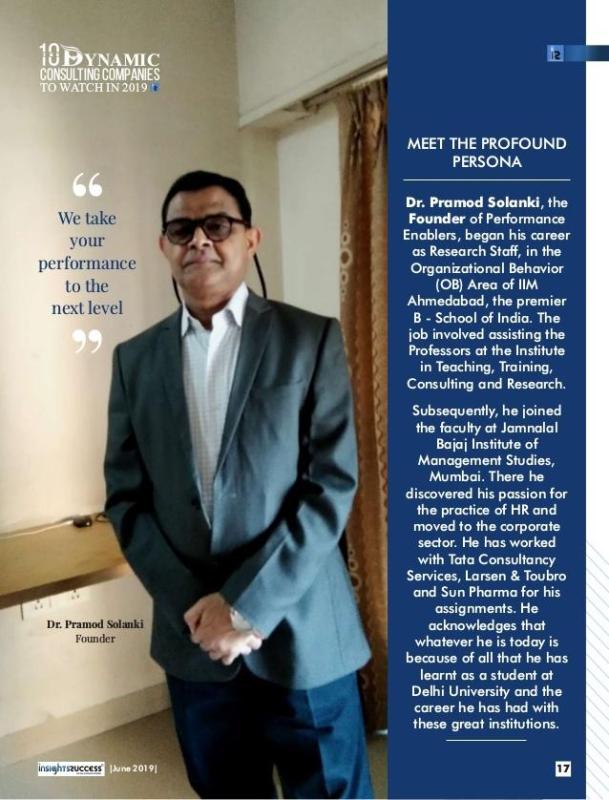Organizational Culture
There is a broad agreement that culture can be the most sustainable competitive advantage for an organization. And it is also true that it can eat #strategy for breakfast. After all, the father of the modern management #PeterDrucker should know what he was talking about.
Yet, the deliberate efforts to nurture a culture that enables success of an organization seem to be very uncommon, at least in #India.
Maybe the abstract and apparently immeasurable nature of the construct has something to do with it. After all, corporates don’t invest time and resources on things without a clear ‘’ROI’’.
Is there a case to re-think? My answer is a ‘yes’.
For one, culture can be measured.
Secondly and far more importantly, culture is what people do when no body is watching. So, if we have a culture where employees are keen to delight customers – external or internal, will it not be of value to the organization? If we had a learning culture, will it not lead to more competent employees and in turn benefit the organization? If we had a culture where employee well-being is a priority, will the employee experience and therefore, engagement not be superior? And so on.
Whole lot of researches also point out significant impact of a positive and enabling culture on organizational performance. Here are some of them reported in MIT Sloan Management Review (June 2019):
· Companies listed among the best places to work based on their corporate culture, delivered nearly 20% higher returns to shareholders than comparable companies over a five-year period.
· Research by financial economists has shown that a good corporate culture is correlated with higher profitability and returns to shareholders
Journal of Organizational Behaviour (April 2015) reported positive impact of culture on organizational performance based on a six year long longitudinal study.
Be that as it may, there is no denying that driving a sustainable culture change is a challenging proposition. It requires a fundamental, mindset shift and re-alignment with the new set of core values that underpin the culture you wish to have in an organization. Longer certain beliefs / values / norms have guided behaviours of people, more challenging and time consuming will it be to bring about a shift. If we begin the change effort with this acceptance and clarity, culture change can be accomplished.
My own view is that one of the reasons why not many culture change efforts have been successful is the way we approach them. Whole lot of ‘downstream’ work begins (around re-designing of HR systems / practices) before the ‘upstream’ part of the work is taken care i.e. before the executive team (CEO & the CXOs) has been fully aligned with the desired shifts. And there in lies the fundamental challenge.
The executive team first needs to articulate the key elements of culture that will aid strategy execution. Once articulated, their own leadership styles have to be in alignment with it and they have to consistently role model the behaviors they wish to see among the employees at large. And this requires significant amount of effort – the ‘upstream’ part of the effort as I call it. This is where executive coaching can play a crucial role and this is where other developmental inputs will fall short. After all, deeply held beliefs and values need support and facilitated reflection before shifts of this nature can happen. And I believe that executive coaching has the potential to support these shifts. But it has not been leveraged enough.
Once the executive team is aligned, all the ‘downstream’ processes and practices to reinforce desired shifts will complement the efforts far more effectively. And we may well see more success in the culture change efforts.
This is my perspective. The idea of posting it here is to see how fellow professionals see this issue.
Love to hear your thoughts.
– Pramod Solanki, Ph. D.





